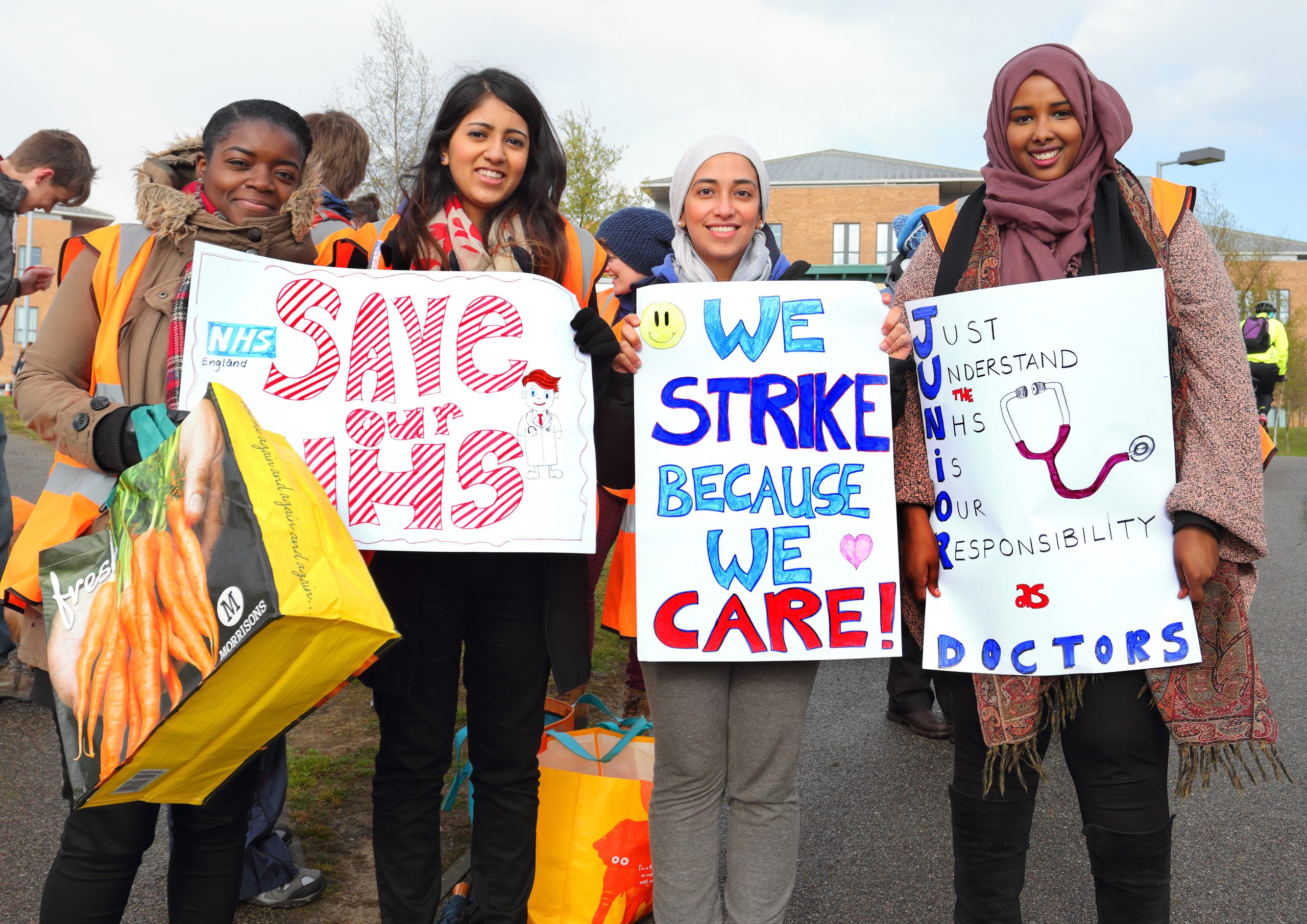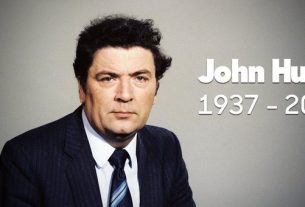NHS bosses fear hospital wards will not be able to cope within 12 months as the UK’s social care crisis deepens.
Staff shortages and underinvestment in elderly care services is endangering patient care, say hospital chief executives in a damning report released by NHS Providers.
Another scathing report said the number of elderly people being denied home help will rocket by a further 40% – from 1.5 million now to 2.1 million by 2030, if trends continue.
Elderly struggle with basics of living
A shocking one-in-seven pensioners already struggle with everyday basics like dressing and washing according to Age UK’s report.
The charity’s director Caroline Abrahams said: “It is shameful that one and a half million older people are living with some degree of unmet need for care.”
Boris Johnson has promised to “fix the social care crisis once and for all” in his first speech as Prime Minister, but Abrahams said: “For the last few years these figures [number of elderly being denied care] have been getting worse as governments dither over how to overhaul a system of care that everyone agrees is no longer fit for purpose.”
Age UK says at least £8 billion must be invested in the next two years to provide care that is free at the point of use.
Public don’t know challenges the NHS faces
A poll of 112 NHS Trusts’ chairmen and chief executives revealed concerns the public is not aware of the issues facing the NHS, while eight in ten hospital bosses fear they will not be able to cope with demand in the next 12 months, according to the NHS Providers’ report.
Nine-in-ten NHS trust executives are worried about the lack of investment in local care services for elderly and disabled patients which is increasing demand for hospital services.
Chief executive of NHS Providers Chris Hopson, said: “It is very striking that over 90% of trust leaders are worried that there hasn’t been the full, frank and open national conversation about the severe pressures facing the NHS.”
‘Deepest funding squeeze in NHS history’
Hopson has already warned the public to “beware politicians weaponising the NHS” in the current general election campaign, and said: “The NHS faces a triple whammy of rapidly rising demand, sever workforce challenges and the need to recover from the longest and deepest funding squeeze in NHS history.
“Current performance levels are the worst in a decade and trying to work NHS staff harder and harder is simply not sustainable.”
There are more than 100,000 vacancies across the NHS.
‘36 acute care hospitals out of action’
The lack of social care in the UK is cited as the main reason for 18,000 hospital beds being occupied for at least three weeks, often without medical necessity, according to the head of the NHS Simon Stevens.
“That is the equivalent of having 36 of our acute hospitals out of action,” said Stevens, the chief executive of the NHS and the accounting officer, which means he is responsible to Parliament for the £100 billion-plus annual budget.
There is a £2.8 billion social care funding gap and people’s homes are being used to pay for their care.
Means testing
The current means-testing for residential care counts a person’s home among their assets and will be extended to those who receive domiciliary care services, which include meals-on-wheels, home help and health visiting.
Whilst no-one will be forced to sell their home to pay for their care in their own lifetime, the money borrowed to pay for their care will be claimed back from their estate after their death.
The World Health Organisation defines elderly people as anyone over 65 years old. The Office for National Statistics state one-in-four of the UK population will be aged over 65 by 2050 up from 18.3% in 2018. The total population of the UK is an estimated 66.4 million, which means the total number of elderly people in the UK in 2018 was approximately 12.15 million.




